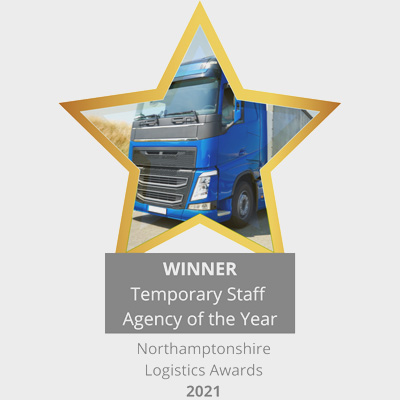7 Reasons for Interview No-Shows and How to Manage Them
Why People Don’t Show Up For Interview
Recruitment is a time consuming and often expensive process for businesses and organisations. You need to advertise a post, collect all the applications, review them and sort out who you are going to look more closely at. Then you need to set aside time to actually carry out the interviews and organise the people to run them.
Although technology has helped to streamline some parts of the recruitment process in recent years, the potential for candidates to not show up on the day is still an issue. While you can’t 100% avoid this happening and it is one of the challenges transport managers are facing, however, there are some measures you can put in place to help reduce the number of no shows.
Reasons why people don’t show up for the interview
There are a whole host of reasons why a candidate might not turn up for that all-important interview. Here are just a few of them:
- They may have been made an offer by another company and decided to take that.
- Perhaps they decided the job you advertised was not for them and didn’t fit their skill set.
- Their experience with your company in setting up the interview has put them off.
- It took too long from the moment you advertised the post to the time you organised the interviews.
- The candidate is working or has something planned on the interview day which means they are unable to attend.
- The candidate might feel nervous and let their anxiousness get the better of them before the interview.
- There may be unforeseen events on the day that stop them showing up for interview such as a family problem.
Managing No-Shows in Your Recruitment Process
Reviewing your interview process and exploring whether it is too candidate friendly can seem slightly counterintuitive. After all, you’re expecting the people you choose for interview to be invested in what you have to offer.
The truth is we’re in a fairly job friendly market at the moment and people can, to a certain extent, pick and choose where they want to work. Making sure you put in all right recruitment processes to not only attract the best but also ensure they turn up for interview is, therefore, vital.
Be clear in your job descriptions:
Providing candidates with all the information they need to make a strong value judgement on your job opportunity should be one of your first priorities. Not only will this ensure you end up with qualified people applying for the post, it increases the likelihood that they’ll turn up for the interview.
Reduce the length of the selection stage:
The longer you leave things, the more likely you are to end up with candidates losing interest or finding alternative employment. Set a strict timeline for collecting applications and sorting out those who are suitable for interview. Make sure you have your interview panel on board and you are good to go once this stage is complete.
Give interviewees as much information as possible:
You might think that it’s only at the interview stage you are going to engage with a candidate. If you want them to show up, however, you might like to consider giving them more detailed information. This doesn’t just mean the time and place of the interview but a little more information about what they will be doing or discussing. Good communication is key if you want more of your candidates to turn up on interview day.
Use technology:
More and more businesses nowadays are using technology to help with the interview process. That includes texting candidates before the interview to remind them of the time and date. Some interviewers make the effort to contact candidates individually a couple of days before the interview to make sure everything is okay and whether there are any questions. Others may put online resources available that candidates can use.

Be flexible with scheduling:
Most candidates probably work and getting time off to come to an interview can often be problematic. If you are more flexible with your interview slots, it shows that your business cares about the people who work for you and that you are prepared to make compromises. Scheduling interviews for the end of the day or during lunchtime, for example, is one way of being more flexible.
Focus on the candidate experience:
There’s a lot talked about how recruiters can improve the experience that candidates have of the interview. Some people do get nervous, for example, and that may be a factor in why they decide not to come for their interview. Here, contacting the candidate beforehand and introducing yourself can make them feel more at ease.
Focusing on the full candidate experience rather than simply what your company wants will ensure you get more people turning up for interview.
Unforeseen circumstances:
Genuine emergencies do happen, of course, and you should always ensure that each candidate has a direct contact number for your business. Family issues can get in the way. Cars do actually break down. Don’t take this as a complete no show – you might just be missing on one of the best candidates for the job. If possible, reschedule whenever you can.
Of course, there are limitations on what you can do to ensure a candidate turns up for interview. Despite all your best efforts, it’s not entirely possible to prevent at least one or two slipping through the net.
Focus on providing all you can for the candidate, however, and regularly review your selection and interview process and it should reduce no-shows and your own frustration at the same time.
If you need help with your recruitment needs please get in touch with NN1 Personnel
Using local recruitment agency have many benefits – read some tips here
If you like this post, then I’d really love it if you can share it on Twitter and Facebook.
Similar Posts:
- 5 tips for effective recruitment
- How to attract and keep the best drivers
- Top interview tips for HGV drivers
- Top 6 Driver Recruitment Challenges
- Working with a driving agency






